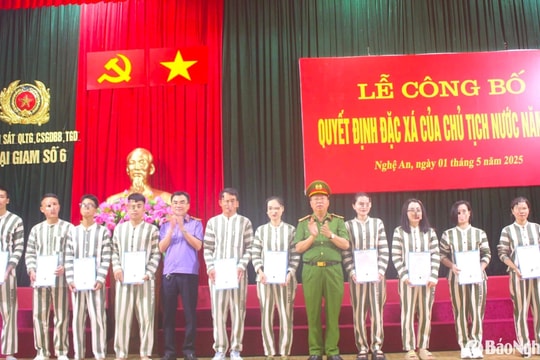Delegates debate: Life in prison without commutation 'is not necessarily more humane than the death penalty'
Delegate Phan Thi My Dung (Long An) said that applying life imprisonment without parole "is not necessarily more humane than the death penalty."
On the morning of May 27, the National Assembly discussed in the hall the draft Law amending and supplementing a number of articles of the Penal Code.
In particular, delegate Phan Thi My Dung (Long An) proposed to consider applying life imprisonment without parole instead of the death penalty for 8/18 crimes according to the proposed draft law. Because, according to Ms. Dung, this penalty "is not necessarily more humane than the death penalty".
The female delegate analyzed: People on death row also have the right to request amnesty and pardon from the President and can have their sentence reduced to life. During the execution of their life sentence, they also have the opportunity to have their sentence reduced further if they perform well. However, a life sentence without reduction means that the person serving the sentence will not be granted amnesty or pardon and will be sentenced to stay in prison for life.
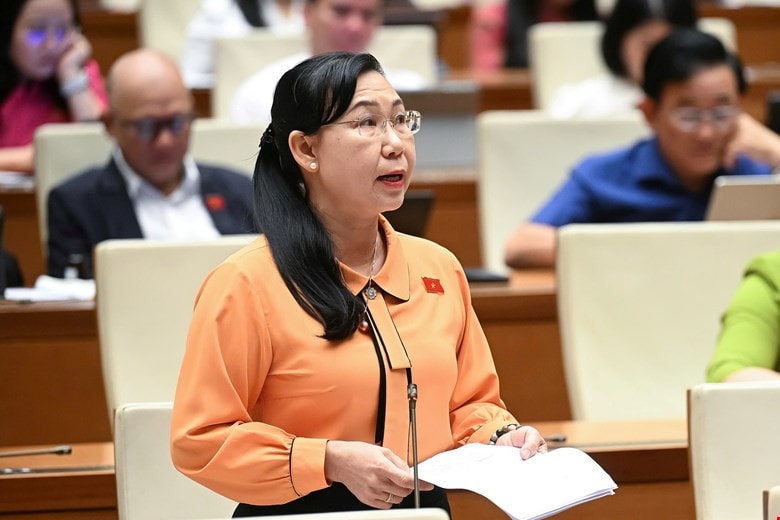
“This has a big impact on the physical conditions of detention facilities, as the number of prisoners will only increase, not decrease. At the same time, this also puts great pressure on the enforcement force,” Ms. Dung stated.
Besides, according to the Long An delegation, applying life imprisonment without parole will lose the meaning of education, reform, transformation and rehabilitation of prisoners in prison.
"Convicts sentenced to life without reduction understand that they will be in prison their entire lives and will have no chance of returning to community life, so they may become rebellious, disruptive, refuse to work, feign illness, and develop negative thoughts and behaviors..." - the delegate explained.
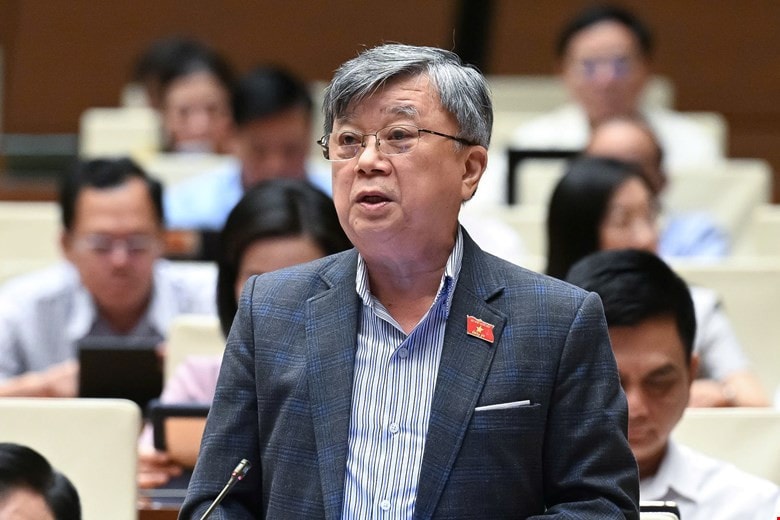
Agreeing with delegate Dung's opinion, delegate Truong Trong Nghia (HCMC) also said that this punishment is unnecessary, because the current life sentence already means "for life" if the prisoner does not reform well.
According to Mr. Nghia, the current life sentence also includes educational significance, including the possibility of a reduced sentence, rehabilitation, reunion with relatives, and a new life if the prisoner reforms well or makes many great contributions.
"Life imprisonment without commutation removes the hope of a reduced sentence. In Vietnamese culture, creating hope for rehabilitation is a policy, requirement, and humane concept, typically the idiom 'beat the one who runs away, no one beats the one who runs back'" - the delegate from Ho Chi Minh City emphasized.
Therefore, according to Mr. Nghia, life imprisonment without commutation not only gives the State the responsibility to feed and protect prisoners for life, but also eliminates the hope of rehabilitation for them and their families. Therefore, this sentence does not have a positive effect on the rehabilitation of prisoners.

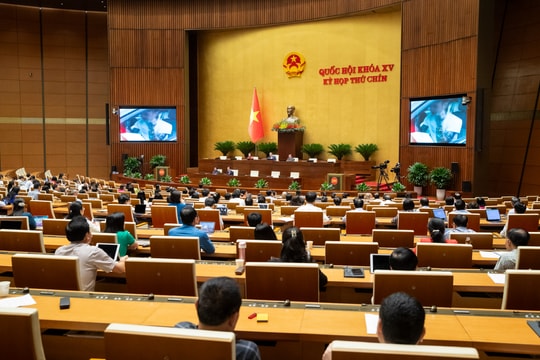
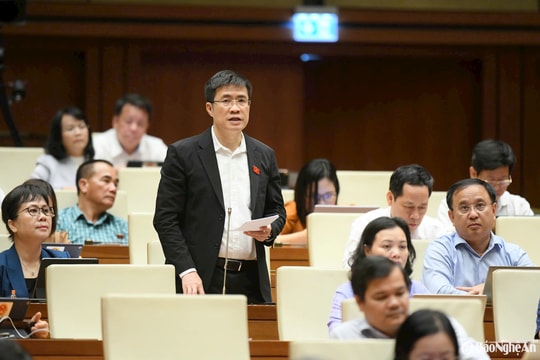
.jpg)
